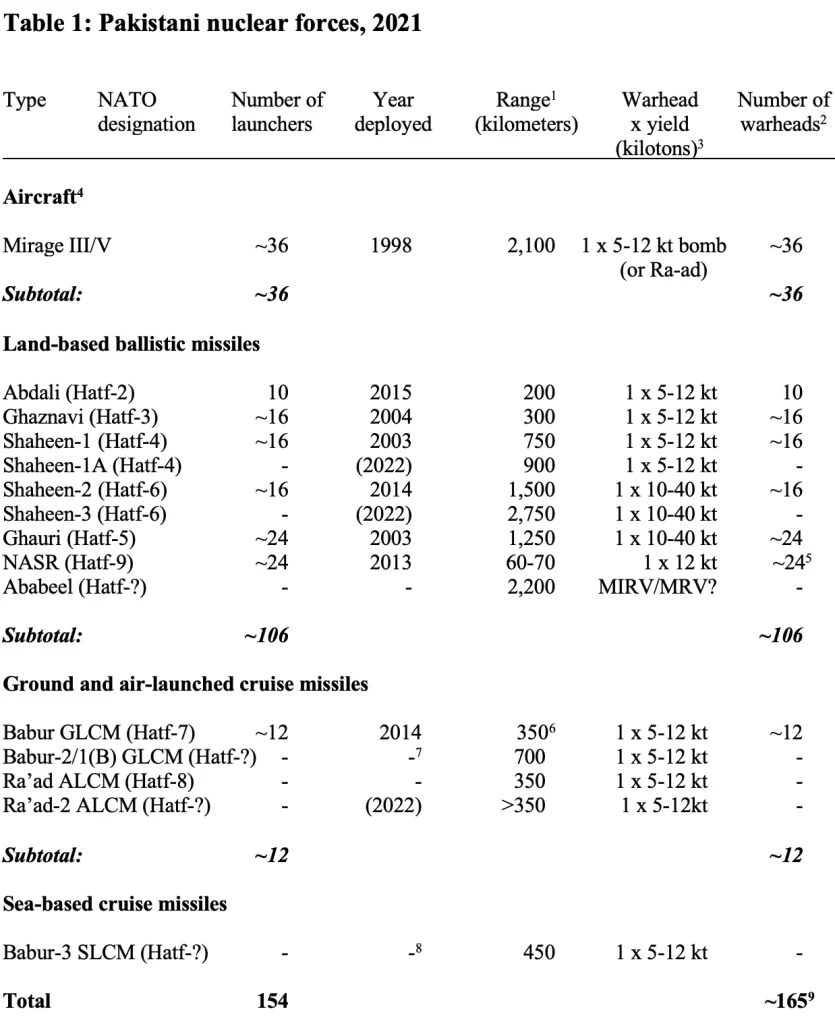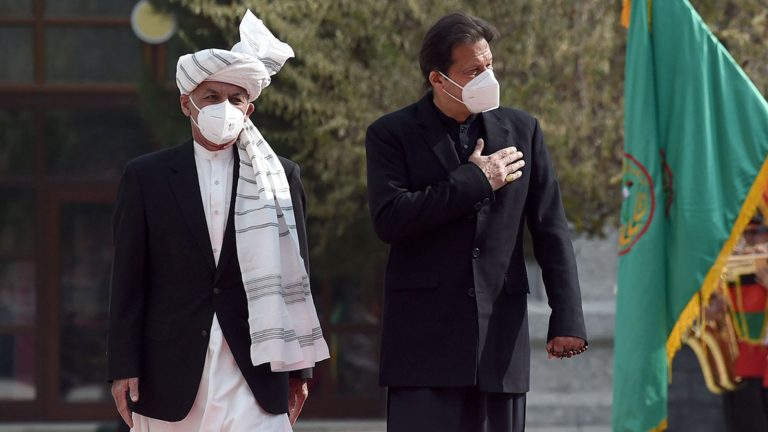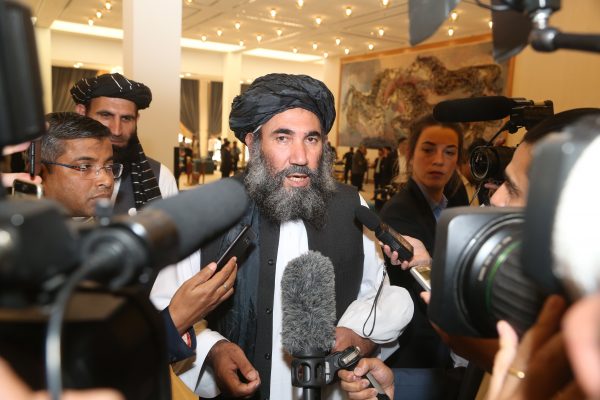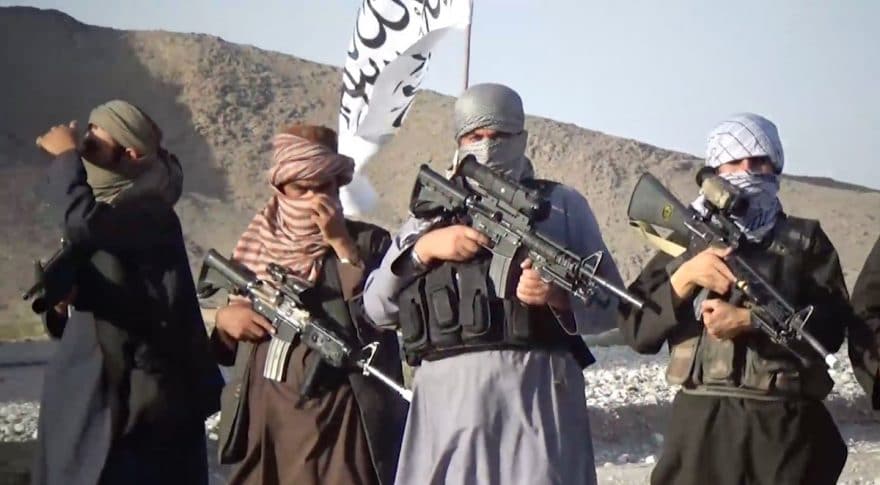Seizure of Afghan territory by Taliban brought safety concern to Pakistan, mostly over its nuclear capacity.
Taliban militants in Pakistan declared an end to a month-long ceasefire arranged with the aid of the Afghan Taliban, accusing the government of breaching terms including a prisoner release agreement and the formation of negotiating committees.
The ceasefire came into effect on November 9, after the Pakistani government announced the start of talks with the armed group, which has been fighting Pakistan’s government since 2007 and has carried out dozens of attacks targeting civilians and security forces across the country.
The TTP and Afghan Taliban are allied, although maintain separate operation and command structures.
The TTP’s statement cited concerns over implementation by the Pakistani government of six initially agreed upon points for withdrawing from the ceasefire.
The armed group says that the initial agreement guaranteed the release of 102 TTP prisoners being held by Pakistan, to “be released to the TTP through the Islamic Emirate on November 1”.
It also accused Pakistani security forces of violating the ceasefire by conducting raids and arrests against TTP fighters in the areas of Lakki Marwat, Swat, Bajaur, Dir and Swabi.
But we believe quitting the agreement by the TTP signals its much greater assertiveness and drive to step upagainst Islamabad. Peace agreements were insecure right from the beginning, as previous such agreements between the TTP or its allies and the Pakistani government also collapsed.
They think that this ceasefire, and the talks are part of a war strategy. According to them, this is not the end of the war, but it is a part of the war.
Since 2007, the TTP has carried out some of the deadliest attacks on Pakistani soil, targeting political leaders, civilians and security forces in wave after wave of suicide bombings, Improvised Explosive Device (IED) attacks, targeted killings and other forms of attacks.
There are likely to be sticking points in the negotiation – in particular, the TTP’s demand for a strict interpretation of Islamic law, which the Pakistani state will not agree to.
This September, the Tehreek-e-Taliban has rejected Islamabad’s amnesty offer unless the government agrees to impose Shariah or Islamic law in Pakistan.
Pakistan sees Afghanistan as a strategic partner in its conflict with India and has therefore been willing to embrace the powers in Kabul, even in the face of significant international backlash.
Aside from the fact that Pakistan’s government and military are internally fractured and represent a range of different, and often competing, interests and allegiances, the main reason behind Pakistani support for the Taliban is its enduring and overwhelming fear of India.
Pakistan’s desire for strategic depth in Afghanistan to counter the regional influence of India dates back to the mid-1970s and it isn’t a policy that they look to be abandoning anytime soon. Although prominent Pakistani leaders including current Army Chief General Qamar Javed Bajwa have indicated a willingness to change course, given Pakistan history and subsequently poor relations with almost every other group in Afghanistan, they may have few allies left apart from the Taliban.
However, it is also obvious that Islamabad’s support for the Tehreek-e-Taliban Pakistan was driven by the move to localize the group’s activity in Afghanistan, for it not to step up in Pakistan. The Pakistani government was not ready, perhaps, for complete withdrawal by the coalition forces from Afghanistan, and believed the foreign foothold there would deter the Taliban from operating in Pakistan.
But Taliban’s rise to power in Afghanistan signaled potential for the Tehreek-e-Taliban Pakistan to come to power in this country.
Pakistan’s separation from India was predicated on its desire to form an Islamic state. For Pakistan’s zealously religious citizens, defending the Taliban’s interpretation of sharia law was a way to maintain their own connection to Islam and by extension, to the Pakistani State as well.
The TTP leader Noor Wali urged to set up an independent state that would comprise the tribal regions of Pakistan, with a step-up in the eastern provinces of Afghanistan. In 2021, the TTP and its allies have expanded their influence in Pakistan’s border regions – Paktika, Paktya and Nangarhar.
Islamabad used to place a premium on the Haqqani networt that acknowledged the Durand Line as the border between Afghanistan and Pakistan. But many groups in the Afghan Taliban, and in the TTP, do not recognize it. In the long run, therefore, should the situation in Afghanistan stabilize, it is no question the issue of Pashtun separatism in Pakistan will arise.
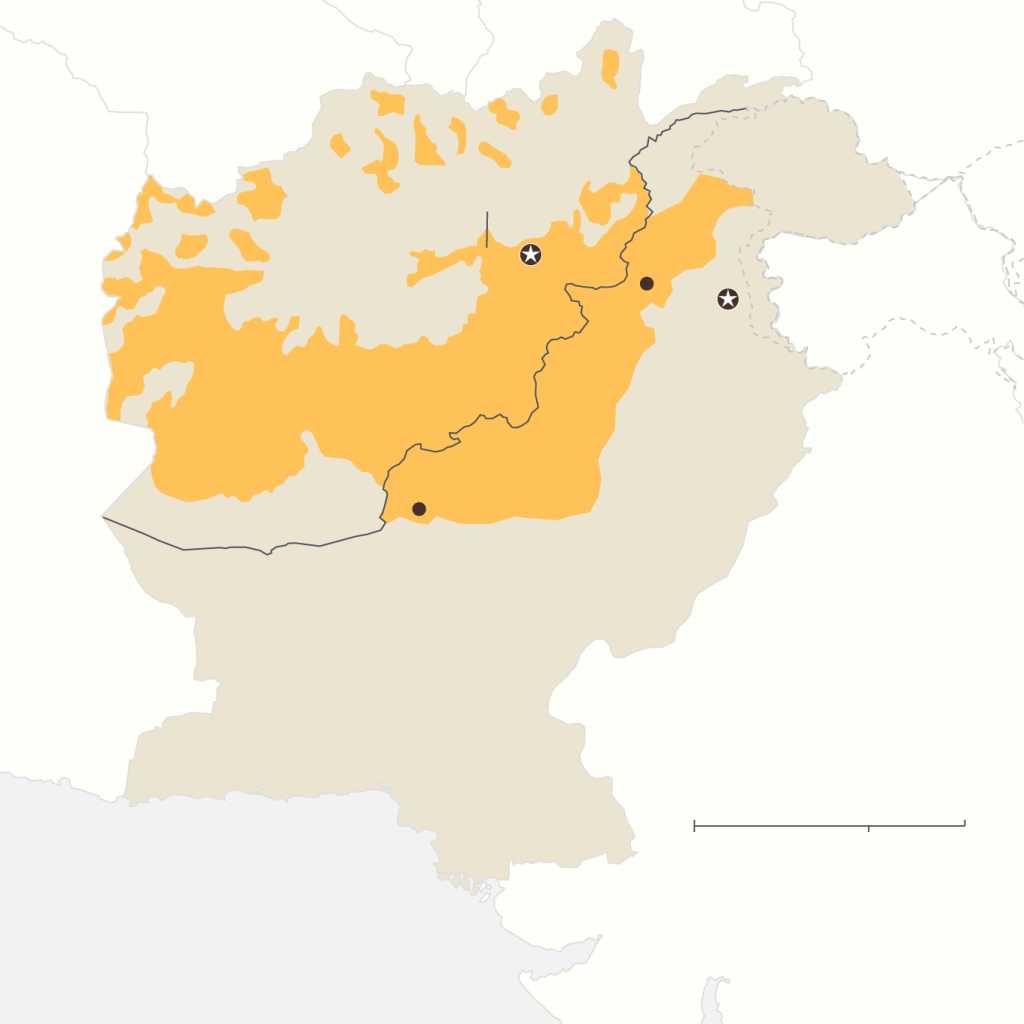
Since the creation of Pakistan, there have been calls from within to allow Pashtun communities living alongside the Afghanistan border to form their own independent state. The TTP for one, backs this claim. Pakistan is therefore weary of any Pashtun-led government in Afghanistan, including the past administrations of Hamid Karzai and Ashraf Ghani. Somewhat confusingly, Pakistan sees the Taliban as being more concerned with Islamic fundamentalism than ethnic conflicts though they too are ethnically a Pashtun group.
After members of Al-Qaeda and the Taliban flocked into Pakistan in 2001, they orchestrated a campaign, described in a report by the US Institute of Peace (USIP) as the ‘Talibanization” of the Federally Administered Tribal Areas (FATA). Under it, Afghan Taliban leaders worked with local tribal leaders to recruit Pakistanis to fight against US and NATO forces. Those recruits later came together to form the TTP in 2007, under the leadership of Baitullah Mehsud. The TTP is often referred to as an umbrella organisation representing different militant groups in FATA.
According to the USIP report, the TTP’s main objectives included “implementing Sharia law, fighting US and NATO forces in Afghanistan, and engaging in jihad against the Pakistani Army.” The latter, in particular, is the group’s primary goal with Mehsud’s spokesperson announcing in 2007 that the key reason behind the creation of the TTP was to present a united front against the Pakistan Army’s operations. The report notes that “the TTP’s aggressive stance towards the Pakistani state contrasted with that of other local militants” and “led to significant levels of internal dissention.”
The TTP will apparently focus on targets in Pakistan, following U.S. withdrawal from Afghanistan.
In this regard, Pakistan’s nuclear arsenals, which are of great interest to jihadist groups, are of particular concern. TTP’s ties to al-Qaeda scale up those risks greatly considering Taliban’s engagement with Russia and China, future scenarios, if they gain control over Pakistan’s nuclear arsenal, seem hawkish.
